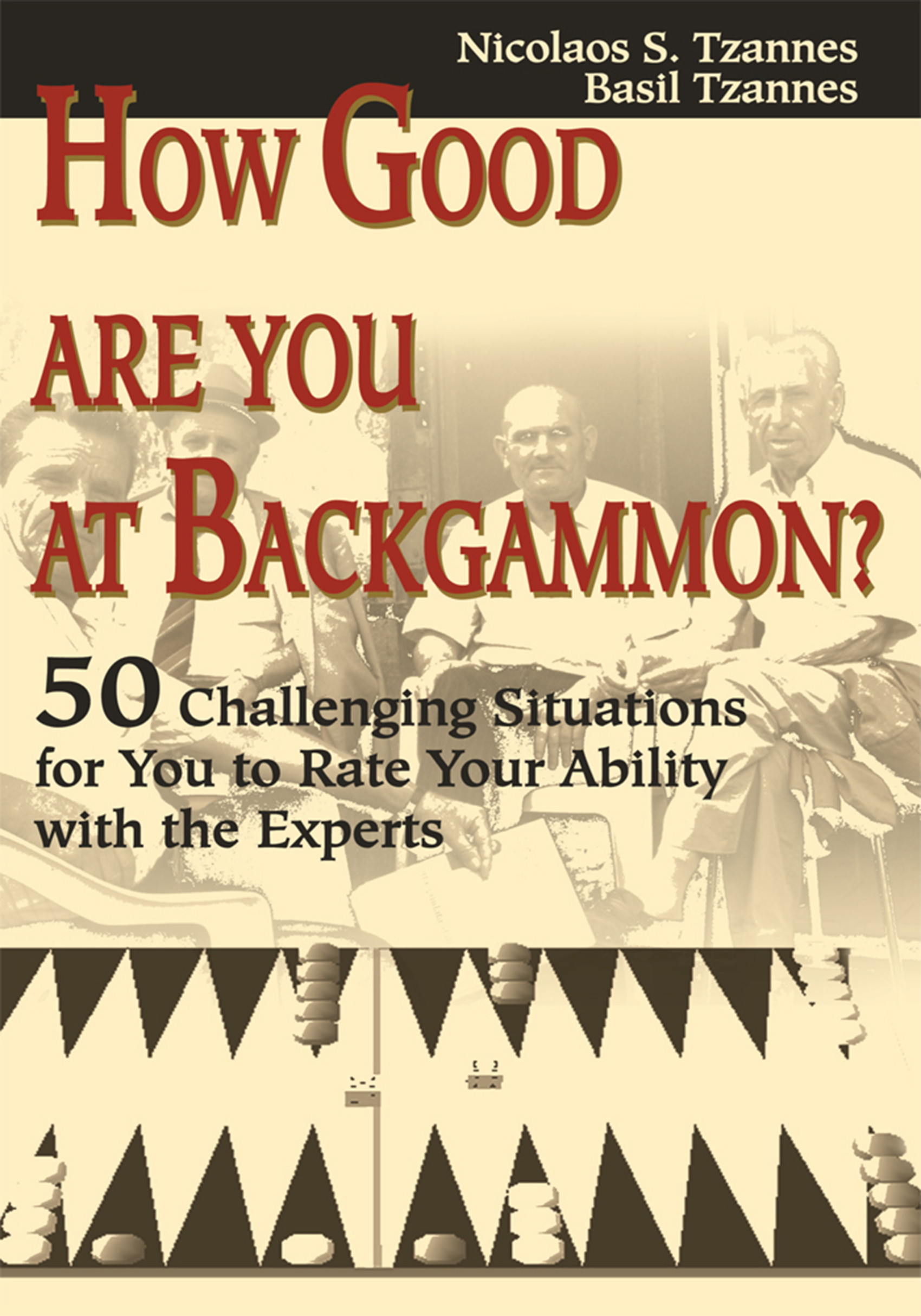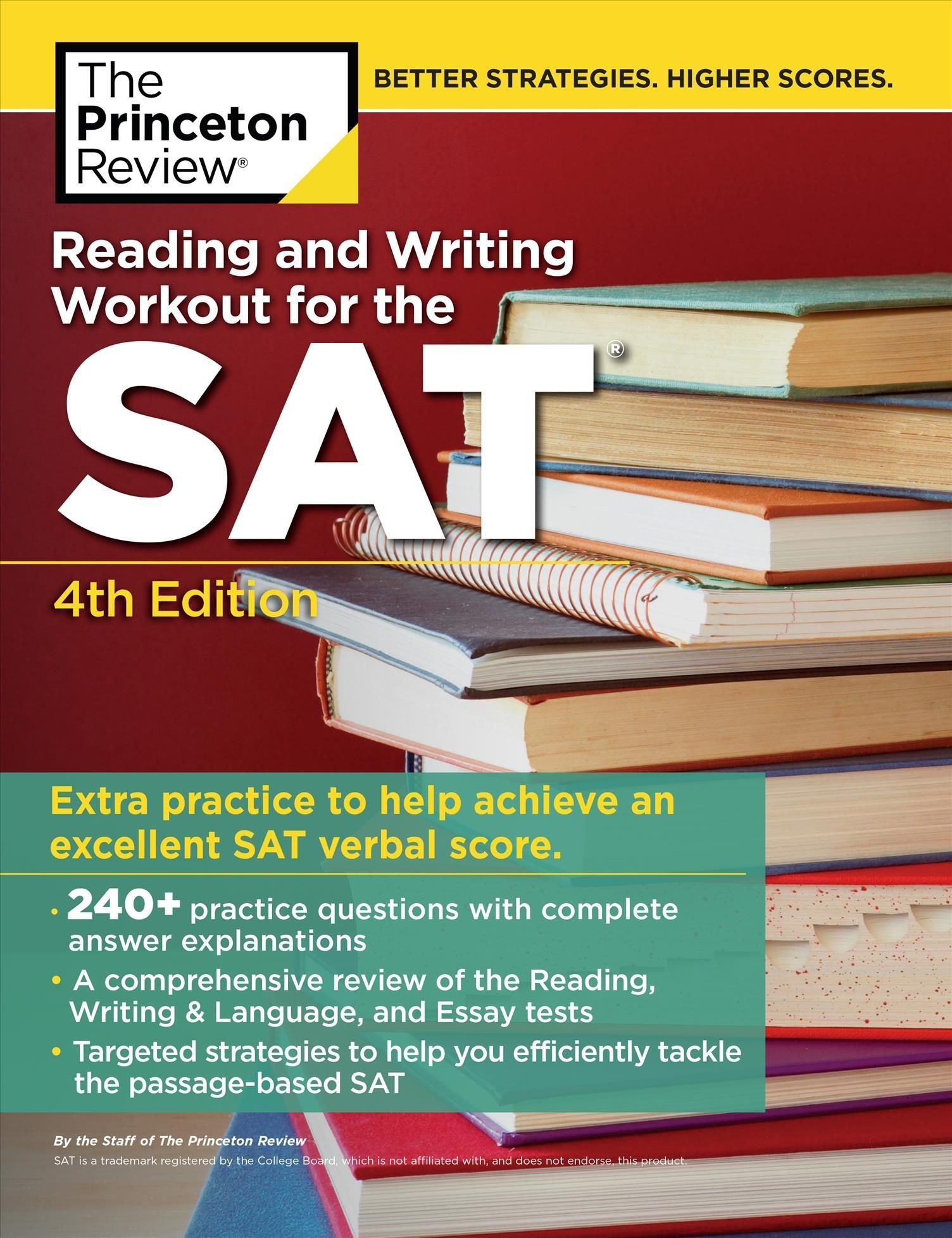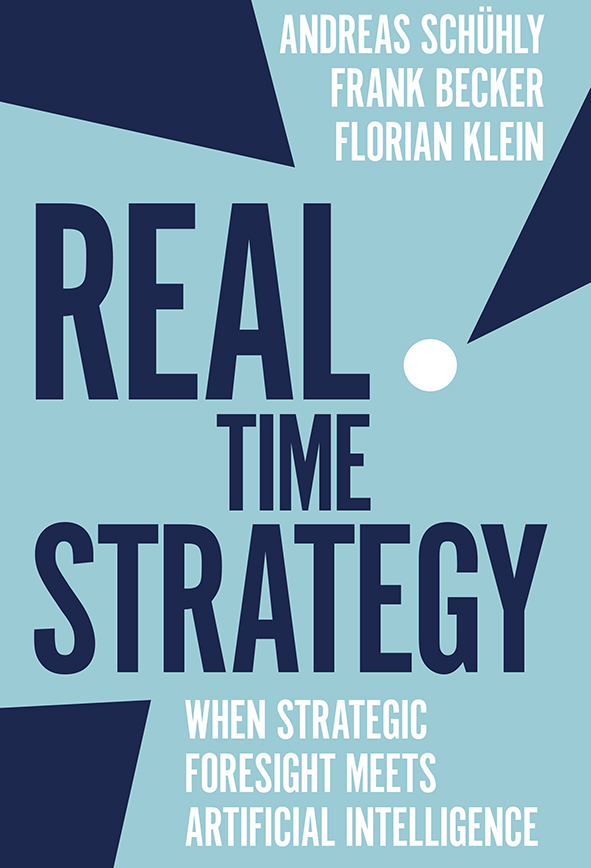The problems I address in this book are among the least studied in the sociÂ- ology of science and knowledge. Part I is a critique of the claim that there are parallels between ancient mysticism and modern physics, and a sociological analysis of this claim as a strategy in intellectual conflict. This study must. ultimately be rooted more firmly in a: type of sociology of knowledge that is just now beginning to crystallize (and which I discuss in Chapter 7), and a sociology of religion that is not so much unknown as underground, and timid, that is, a non-worshipful materialist sociology of religion. My study of physics-mysticism parallelism is a vehicle for exploring epistemic strategies. I thus conclude Part I by sketching a materialist, emancipatory epistemic strategy. My conclusion brings together a number of ideas formulated by myself and others over the past several years, but stops short of a systematic synthesis. A more integrated and coherent “model” than what I can sketch here must wait on the results of research now in progress in the critical (as opposed to apologetic or worshipful) sociology of knowledge.












